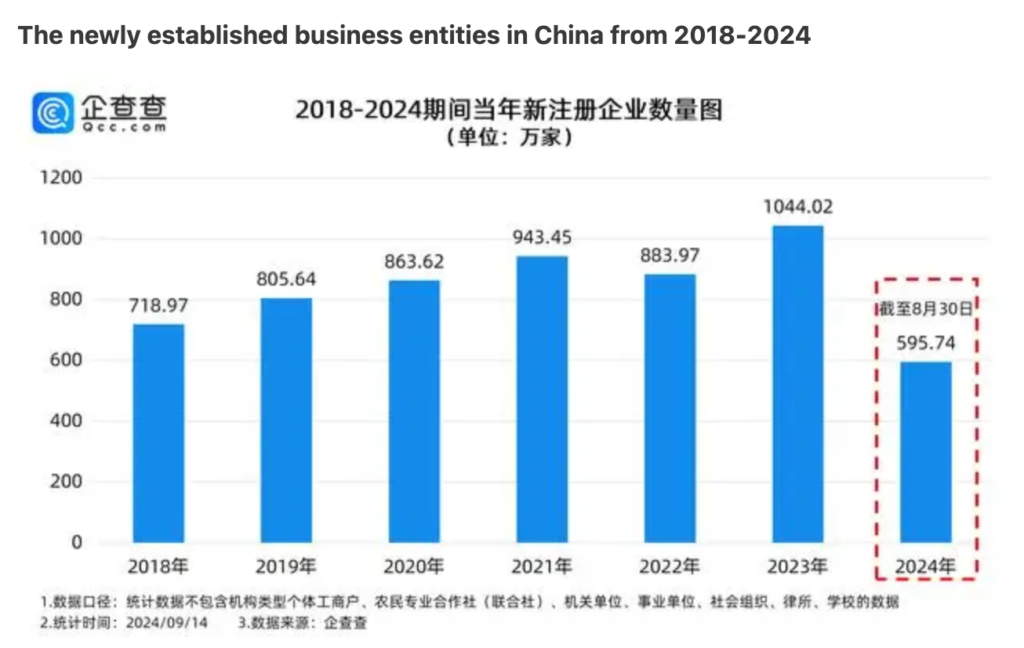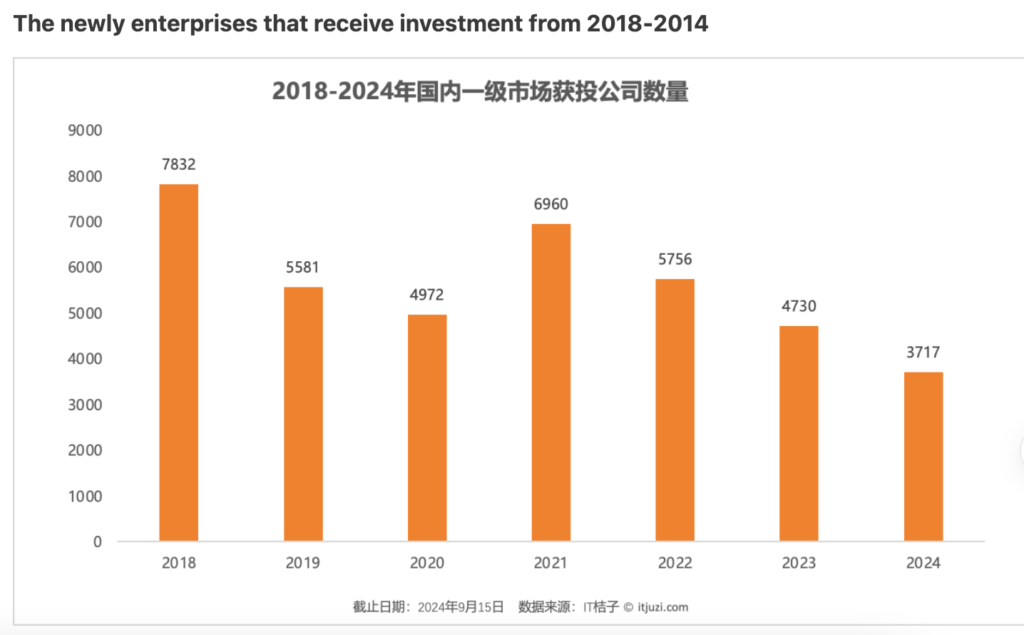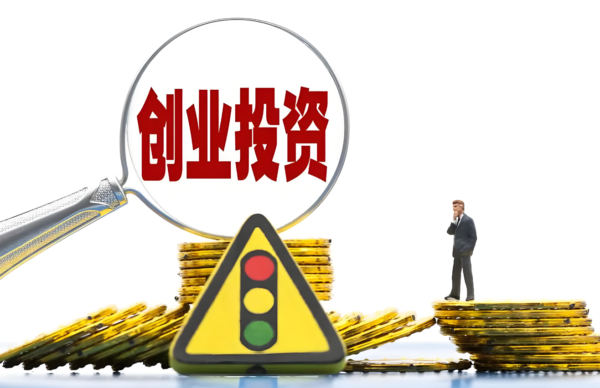Somepeople want to inquire about the situation of Chinese startup companies and venture capital, and wanted to know how Financial Times cites data? We will provide further explanation and introduction from the perspective of data.
Thank you!
- What is the definition and inclusion criteria of ITJUZI for startup companies?
This first involves the definition of a startup company on the ITJUZI website( https://www.itjuzi.com/aboutus )On the other hand, we have a definition and explanation for the included startups: “The included pan Internet companies with typical or novel models established in recent 3-5 years are targeted at the pan new economic field: around the national strategic emerging industries, entrepreneurs led industries with innovative business models, business concepts, or technology driven industries. They mainly include TMT, the Internet, new generation information technology, energy conservation and environmental protection, bio industry, medical technology, new energy, new materials, new energy vehicles, high-end equipment manufacturing, etc.”
When ITJUZI first established in 2013, most of the companies we included were Internet and mobile Internet companies. Later, we continued to expand our industry coverage. So far, we still adhere to two principles in the inclusion and definition of startups: 1) For those who have obtained investment, it does not exclude the split business of large companies, state-owned background companies, traditional industry consensus, etc; 2) Companies that represent the current development trends and hotspots in China are led by entrepreneurs.
Based on this principle, coupled with our limited investment in manpower, technology, and other resources, the number of companies included in ITJUZI each year is actually limited and cannot represent all startup companies. Therefore, we have specifically listed them on the company database page( https://www.itjuzi.com/company ):“Please note that the companies listed here in ITJUZI do not represent all startup companies. Due to limitations in information sources and channels, as well as the lag in indexing time, not all startup companies can be indexed by us in a timely manner. However, we are always committed to collecting more and better startup companies, and welcome everyone to provide various clues and sources. If you need to cite data or have any feedback or suggestions regarding the data, please feel free to contact us at any time hello@itjuzi.com Thank you for your support”
- What is the exact number of domestic startup companies?
In the market, everyone has different definitions of startup companies. From the perspective of defining and processing data dimensions, we can divide them into the following situations:
1)Macro data: Number of newly registered enterprises per year
This is mainly data from the State Administration for Market Regulation. According to the data disclosed on their official website, “In 2023, there were 32.73 million newly established business entities in China, a year-on-year increase of 12.6%. Among them, there were 10.029 million newly established enterprises, an increase of 15.6%; and 22.582 million newly established individual industrial and commercial households, an increase of 11.4%.”It can be seen that the number of newly registered enterprises in 2023 was 10.029 million.
According to the data for 2018, there were 6.7 million newly established enterprises nationwide, with an average of 18000 newly established enterprises per day throughout the year, an increase of 10.3% and 8.43% year-on-year, respectively. It can be seen that there has been a significant and substantial increase in 2023 compared to 2018, with an increase of 49.7%.
Qichacha(Enterprise Business Data Service Provider) responded to that article using their own data, as shown in the following figure:

2)The number of enterprises that receive investment each year
The number of companies that have received investment may be more suitable to represent data from the domestic venture capital market. Although there have been significant changes in investment logic in recent years, and the majority of companies receiving investments are no longer independent startups as before, coupled with changes in investment institutions, RMB funds, state-owned assets, and government backed investment institutions have become important participants in investment.
From this data, it can be seen that the overall trend is downward, which is consistent with people’s perception, but the decline in services is not as exaggerated as 98%. Compared to 2018, 2023 has decreased by nearly 40%, which may be more objective.

3)How about the data: startup companies reduce 98%?
Returning to the FT (Financial Times) article, how did the data of 98% reduction in startup companies in 5 years come about? The FT cited this data from the ITJUZI website:
https://www.itjuzi.com/company
This is a list of companies included in ITJUZI. The FT cited the establishment time of these companies and then compiled the data to show that the number of startups in 2023 decreased by 98% compared to 2018.
It can be seen that the number of companies here can only be considered as a part of the sample size of startups, or even a small portion, and cannot represent the number of startups in China. In addition, ITJUZI indexing companies have time lag and time lag. For example, if a company established in 2023 or 2024 has not received investment, or does not have a certain level of attention, products, or business, but is only a commercial entity, it will largely not be included in our records, and there may be data errors at this time.
For this reason, ITJUZI would like to clarify and communicate with the FT reporter that the number of companies included in ITJUZI does not represent the number of startups in China. A more appropriate data would be “the number of startups in China that have received investment”.
